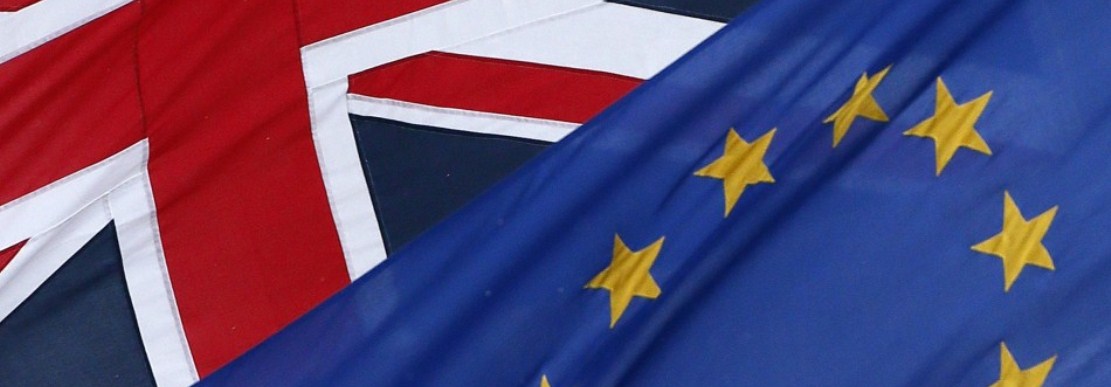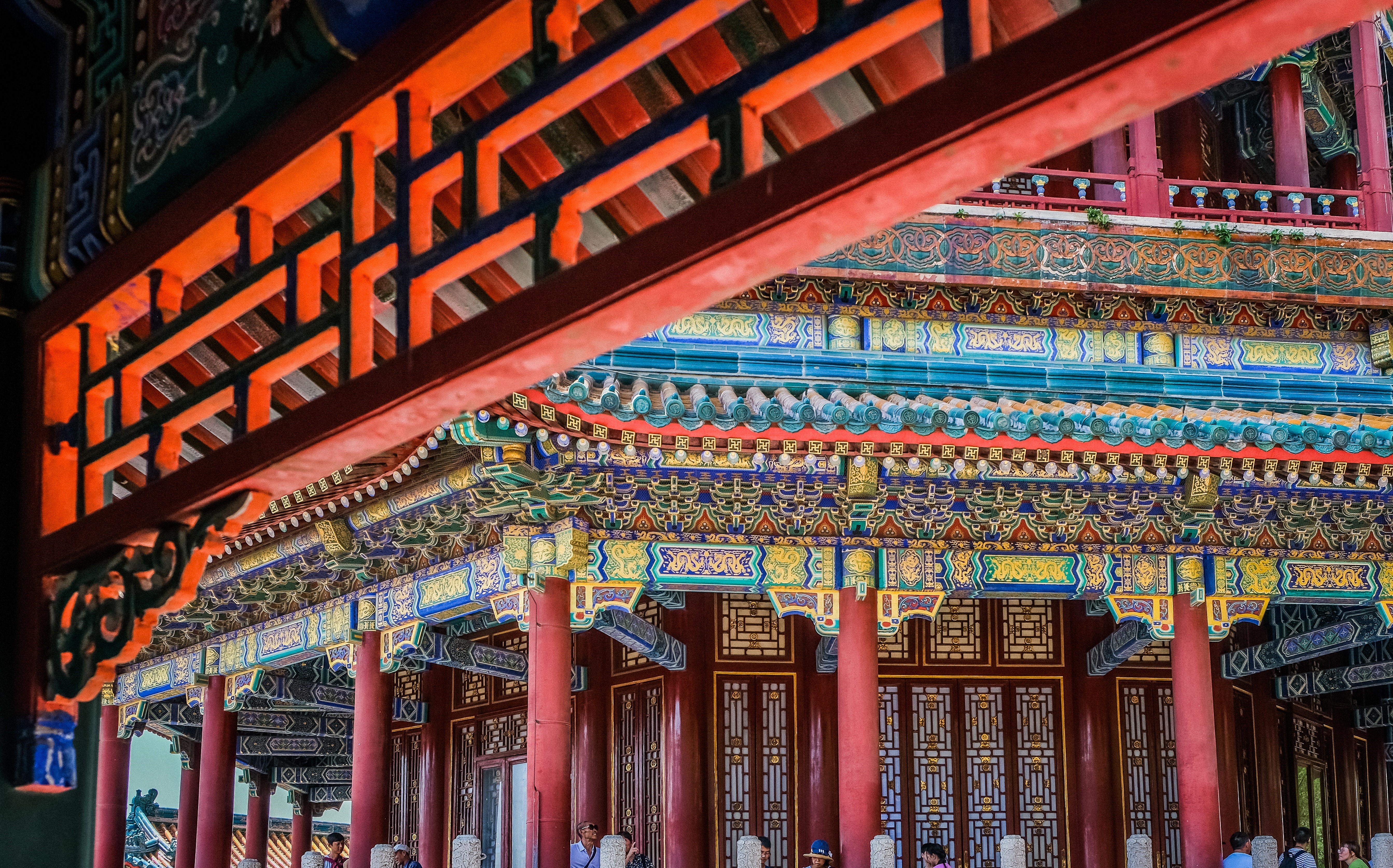James F. Downes argues that the EU-China relationship has transformed considerably in the first half of 2023. He argues that there exist key policy divisions and challenges within the core EU institutions alongside EU member states towards both economic relations with China alongside China’s Belt and Road Initiative. Furthermore, a critical dynamic in the transforming relationship is the growing strategic competition between the United States and China, which is shaping the EU’s own geopolitical calculations.
The Transforming Relationship
EU-China relations have transformed considerably over the first half of 2023. 2023 has seen a flurry of high-level activity on both sides, with delegations from the EU to China with French President Emmanuel Macron and EU Commission President Ursula von der Leyen making a visit to President Xi Jinping, in Beijing in April 2023. From China’s side, 2023 has seen a new Ambassador to the EU via Fu Cong, who has sought a more pragmatic approach towards the EU.
In May 2023, China’s former Foreign Minister Qin Gang made a visit to Europe. In June 2023, China’s Premier Li Qiang visited Europe, with Premier Li Qiang’s trip strategically prioritizing trade and geo-political talks with the EU’s two biggest economies, Germany and France. The EU has also held a high-level summit regarding its economic de-risking strategy towards China. Recently, the EU has introduced a European Economic Security Strategy. This is a policy framework which aims to address shared economic security risks on policy areas such as trade, defence, security, alongside other important economic areas.
EU Divisions
The EU’s complex multi-level governance structure often makes it difficult for the EU institutions and its core 27 member states to achieve a policy consensus on key issues, alongside an ability to be effective on the international stage. This has often led to policy paralysis inside the EU, most recently due to several macro-political and macro-economic crises that the EU has encountered over the past decade, with the 2008-13 economic crisis, the 2015 EU Refugee crisis, alongside the COVID-19 Pandemic. In recent years, divides have also increased between Western European member states and Eastern European member states towards relations with China.
Politically, the EU appears to be aligning more closely with the United States in response to China’s growing geopolitical assertiveness, in recently adopting a “de-risking” economic strategy under EU Commission President Ursula von der Leyen’s leadership. Several EU member states remain divided on taking a hard-line position towards China. Countries such as Lithuania, the Czech Republic and Poland have pushed for a more confrontational EU policy. Other countries such as Italy, Hungary, and Greece have sought to maintain economic cooperation with Beijing. Recent signs indicate that Hungary is becoming increasingly important to China. Germany also wants to avoid a complete decoupling from China, given its large trade surplus.
China’s BRI
China’s flagship Belt and Road (BRI) Project which was launched in 2013 by President Xi Jinping has been strategically targeting economically smaller EU countries, such as Hungary and Italy in recent times. In turn, this has caused the EU Commission under President von der Leyen to launch the EU’s Global Gateway Programme(in late 2021) as a direct policy response to the economic threat posed by China’s BRI.
Italy’s economic linkages with China have recently come into question. Whilst Italy officially signed a Memorandum of understanding (MoU) with China over the BRI in 2019, the new right-wing coalition government under Prime Minister Giorgia Meloni has sought a reconsideration of Italy’s participation in the BRI in August 2023. Furthermore, the revolving political door in Italy (a succession of changing national-level governments in the past few years) and Italy’s high levels of economic debt has led to a rethink in the BRI Project by the current Italian Government.
EU-China Relations: Implications for the Future
Whist EU-China relations saw a flurry of activity in the first part of 2023, with several key personnel on both sides making high-level visits, a high degree of uncertainty underlies the EU-China relationship in 2023. Firstly, the EU appears to be mimicking the United States strategy of economic de-risking towards China but has stopped short of a complete economic decoupling. A recent article from The Economist has argued that economic de-risking is economically risky, with the United States President Joe Biden’s China strategy not working and having unintended negative consequences.
Secondly, recent political changes in China have seen former Chinese Foreign Minister Qin Gang’s sudden recent removal. This is likely to have created political uncertainties on both sides. However, Beijing has rescheduled the EU’s top diplomat Josep Borrell’s visit for later in 2023, after an earlier trip was cancelled back in July 2023.
Another important dynamic is the growing strategic competition between the United States and China, which is shaping the EU’s own geopolitical calculations. The EU arguably sees the emergence of a bipolar global order and wants to avoid taking sides in the context of the intensifying global rivalry.
Upcoming elections
The EU-China relationship in the future will depend on the complex interactions of geo-political and macroeconomic trends, alongside the centripetal role played by the United States. The EU Parliament will also hold elections in June 2024. The outcome of these elections could alter the complexion of the next EU team, alongside the future of the EU’s governance, and crucially, the wider EU-China relationship.
Across the Atlantic, the United States will hold its next Presidential Election in early November 2024. This could also change the next political leadership team and the United States’ own strategy towards China.
Blog posts express the opinion of the author and do not necessarily reflect the view of the Global Europe Centre or its affiliates.

